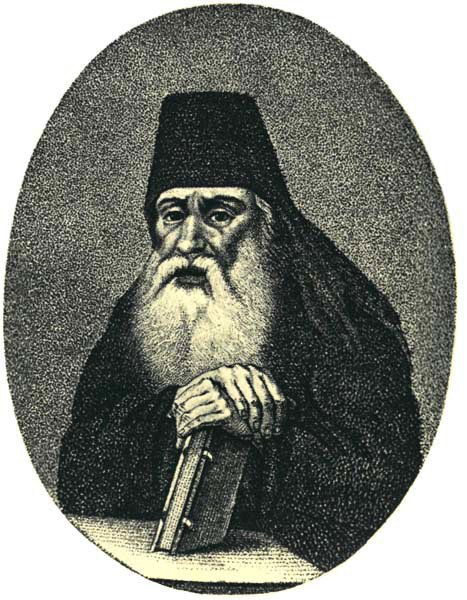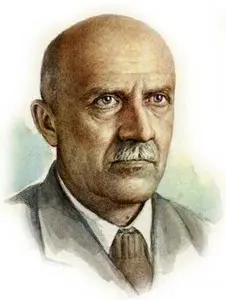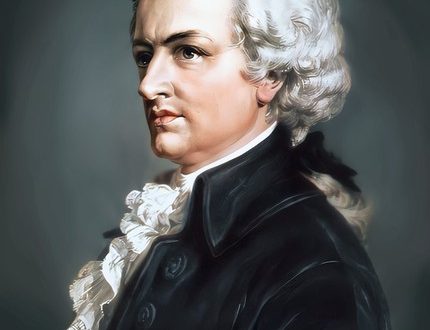
Vasily Polikarpovich Titov |
Vasily Titov
Music… adorns divine words with euphony of harmony, rejoices the heart, brings joy to the soul with holy singing. Ioanniky Korenev Treatise “Music”, 1671
The turning point in the domestic art of the 1678th century, which marked the advent of the New Age, also affected music: in the second half of the century, the names of composers – masters of partes writing became known in Russia. It was the partes style – multicolored, openly emotional choral singing for several voices – that opened up scope for the formation of the author’s individuality. Among the names of composers that history brought to us from the 1686th century. along with Nikolai Diletsky, Vasily Titov is distinguished by the scale of talent and fertility. The first mention of Titov’s name occurs in 1687 when listing the sovereign’s choristers. Judging by archival data, the singer soon occupied a leading position in the choir – obviously, thanks not only to vocal, but also to composing talent. In XNUMX or XNUMX Titov composed the music for Simeon Polotsky’s Poetry Psalter. A copy of this manuscript with a dedication was presented by the composer to the ruler, Princess Sophia:
… Newly published Psalter Written to the glory of God: Newly succumbing to notes, Giving to her the Wise Princess, From Vasily the deacon the singer, Titov, their all-humble slave…
Until 1698, Titov continued to serve as a singing clerk, then he was an inspector in the Moscow City Hall and, probably, was in charge of a singing school. A document of 1704 allows us to assume this, which reads: “They are robbing the singers who were taken from Titov, order the musicians to teach on the gaboes and other instruments, of course, with diligence, and order them to someone to supervise them unceasingly.” Apparently, we are talking about the training of juvenile singers. Manuscript of the turn of the XVII-XVIII centuries. also calls Titov “the royal master at the Savior in Nova” (i.e., in one of the cathedrals of the Moscow Kremlin) “the clerk at the top.” There is no documentary information about the further fate of the musician. It is only known that Titov wrote a festive choral concert in honor of the Poltava victory over the Swedes (1709). Some researchers, following the music historian N. Findeisen, attribute the date of Titov’s death presumably to 1715.
Titov’s extensive work covers various genres of partes singing. Relying on the experience of the older generation of masters of partes writing – Diletsky, Davidovich, S. Pekalitsky – Titov gives his choral scores a baroque splendor and juiciness. His music is gaining wide recognition. This can be judged by the numerous lists of Titov’s works, preserved in many manuscript repositories.
The composer created more than 200 major works, including such monumental cycles as services (liturgies), Dogmatics, Mother of God Sunday, as well as numerous partes concerts (about 100). It is difficult to establish the exact number of Titov’s compositions, since in musical manuscripts of the 12th-16th centuries. often the author’s name was not given. The musician used a variety of performing ensembles: from a modest three-part ensemble of the Kantian type in the “Poetic Psalter” to a polyphonic choir, including 24, XNUMX and even XNUMX voices. Being an experienced singer, Titov deeply comprehended the secrets of expressive, rich in nuances of choral sound. Although no instruments are involved in his works, the skillful use of the possibilities of the choir creates a juicy, multi-timbral sound palette. The brilliance of choral writing is especially characteristic of partes concertos, in which powerful exclamations of the choir compete with transparent ensembles of various voices, different types of polyphony are effectively compared, and contrasts of modes and sizes arise. Using texts of a religious nature, the composer managed to overcome their limitations and create sincere and full-blooded music, addressed to a person. An example of this is the concert “Rtsy Us Now”, which in allegorical form glorifies the victory of Russian weapons in the Battle of Poltava. Imbued with a sense of luminous celebration, masterfully conveying the mood of mass jubilation, this concert captured the composer’s direct response to the most important event of his time. The lively emotionality and warm sincerity of Titov’s music retain their power of influence on the listener even today.
N. Zabolotnaya





